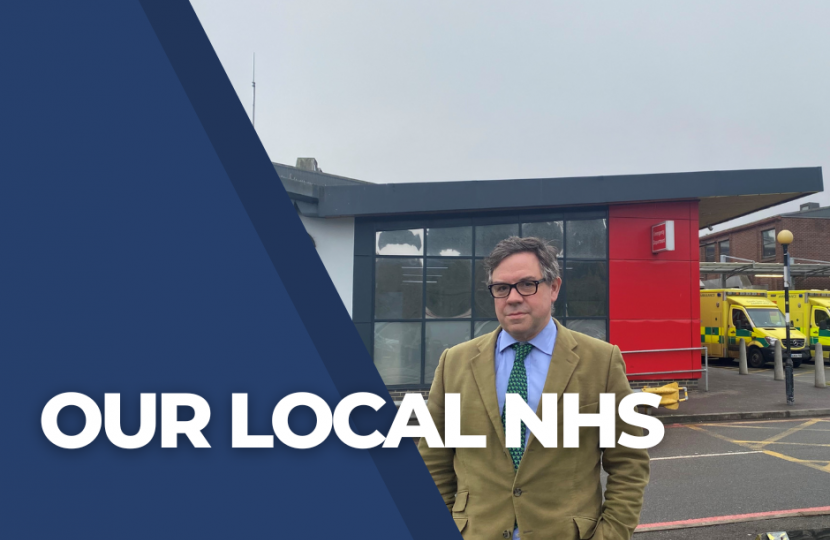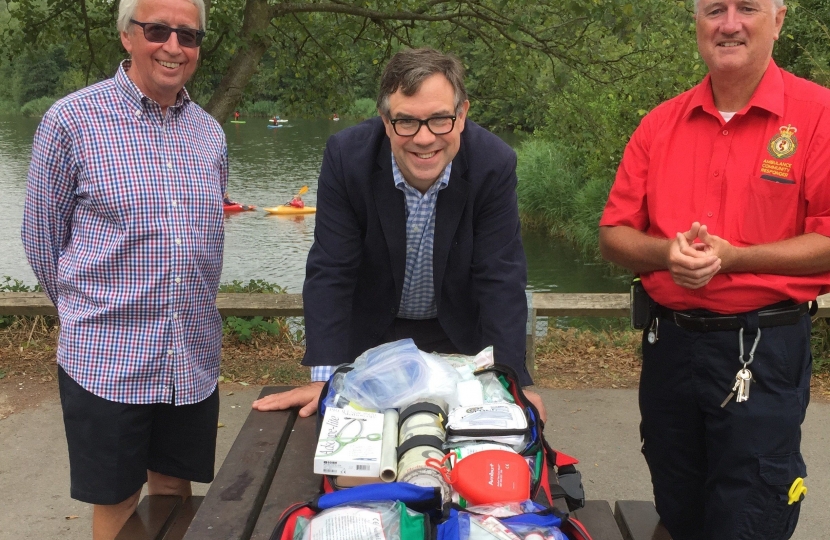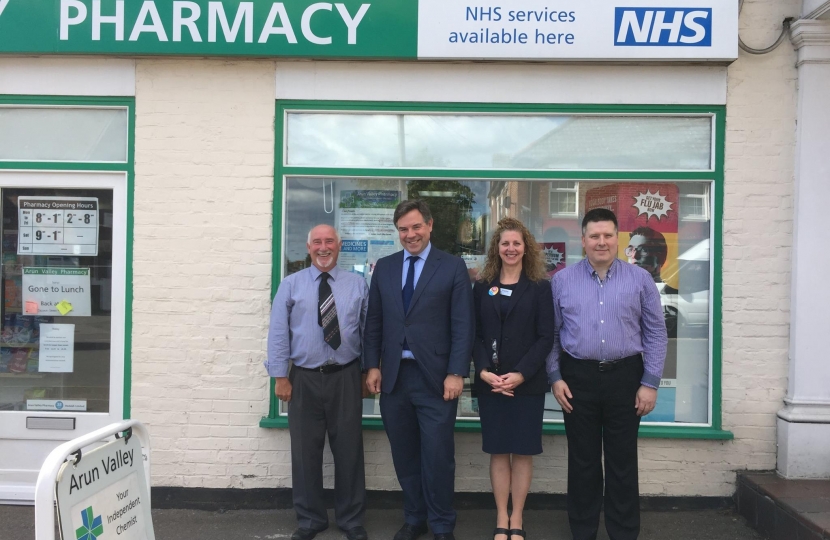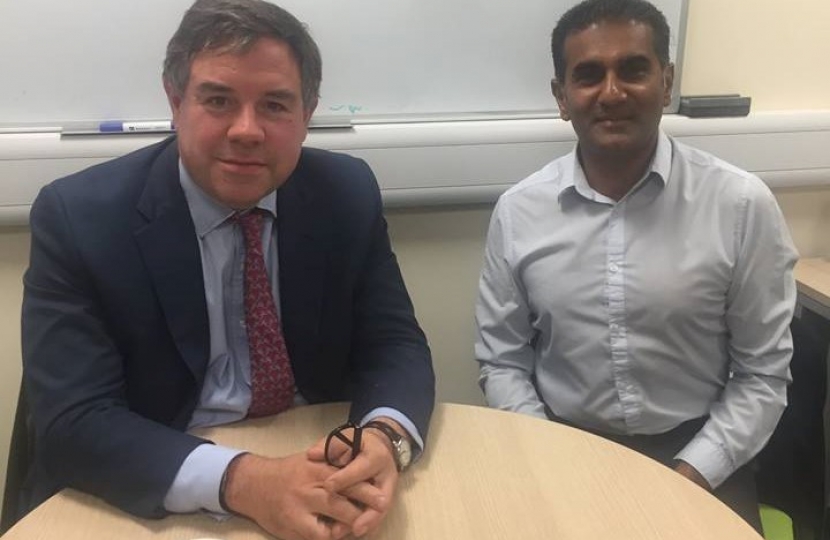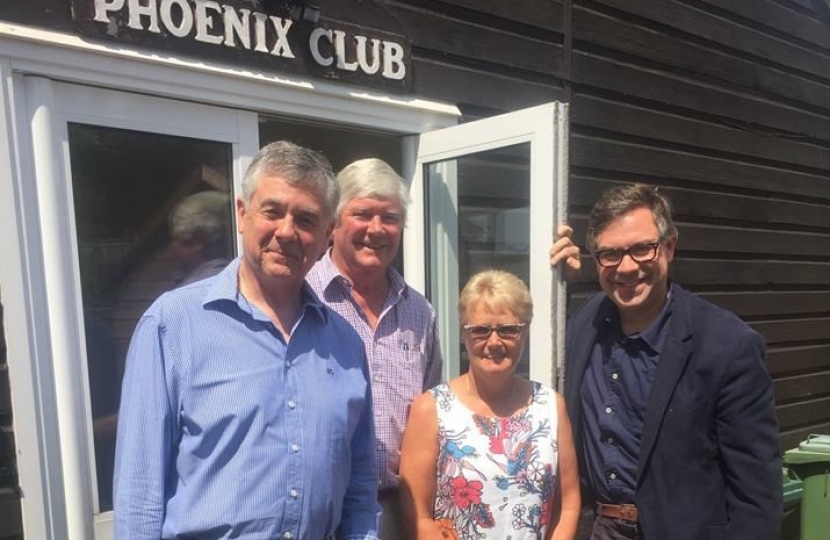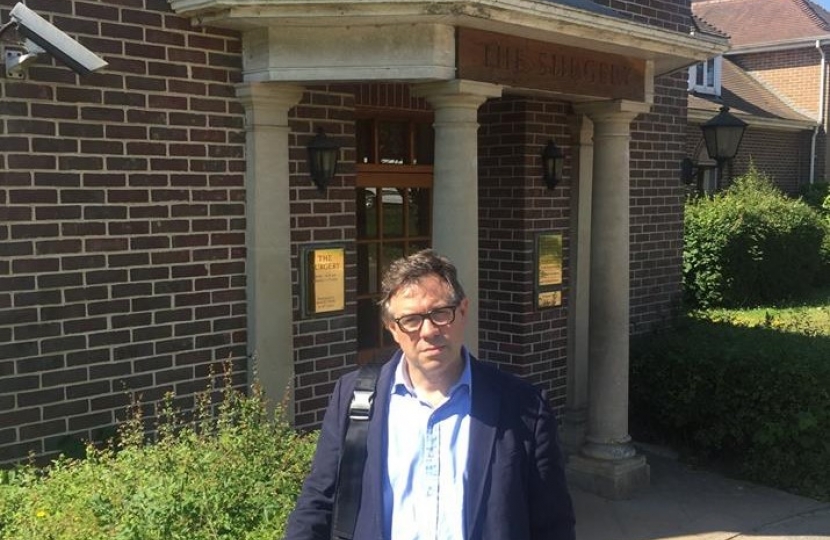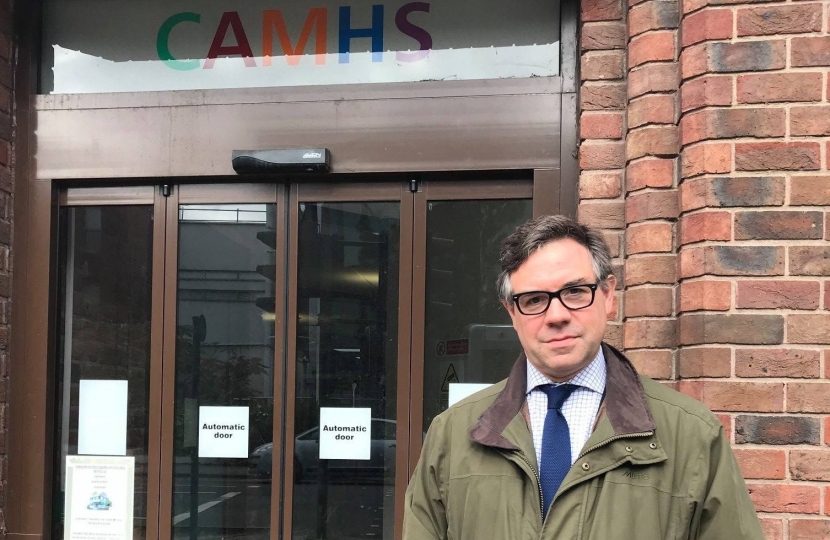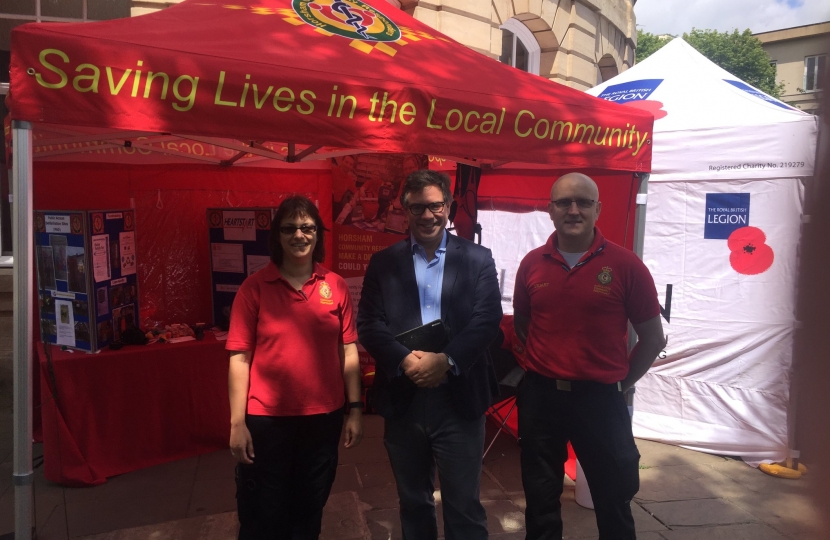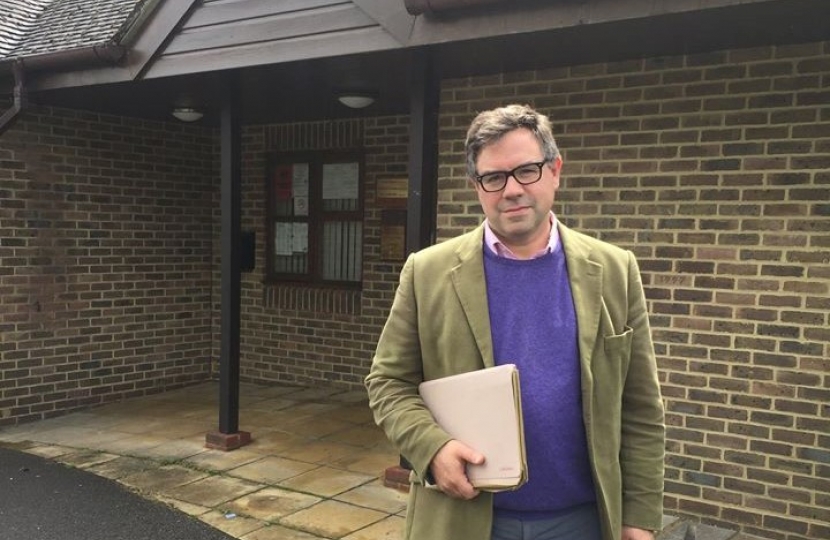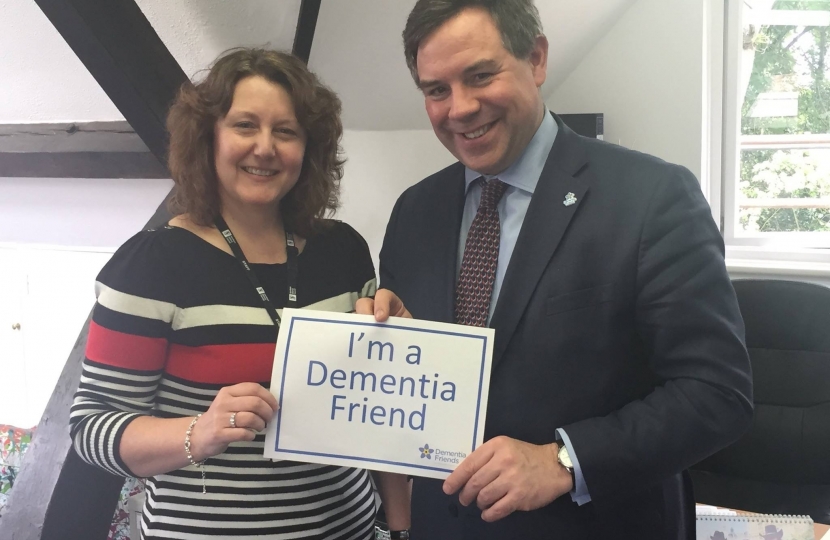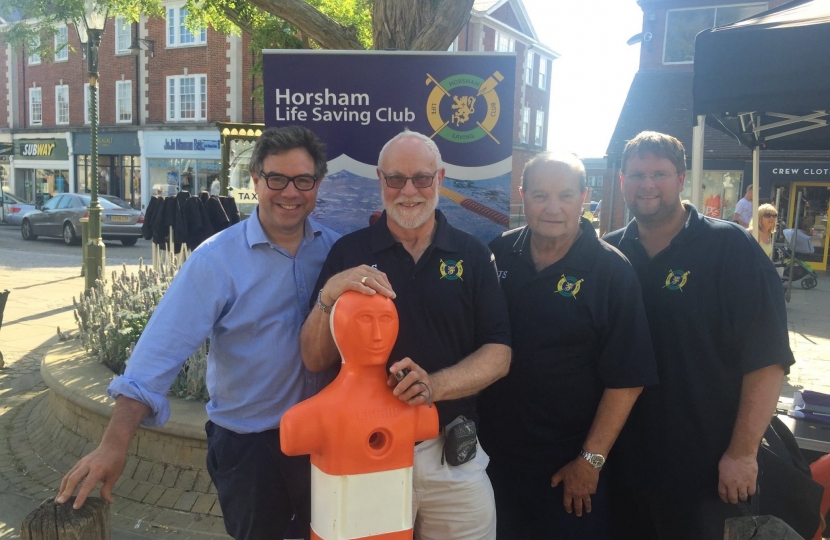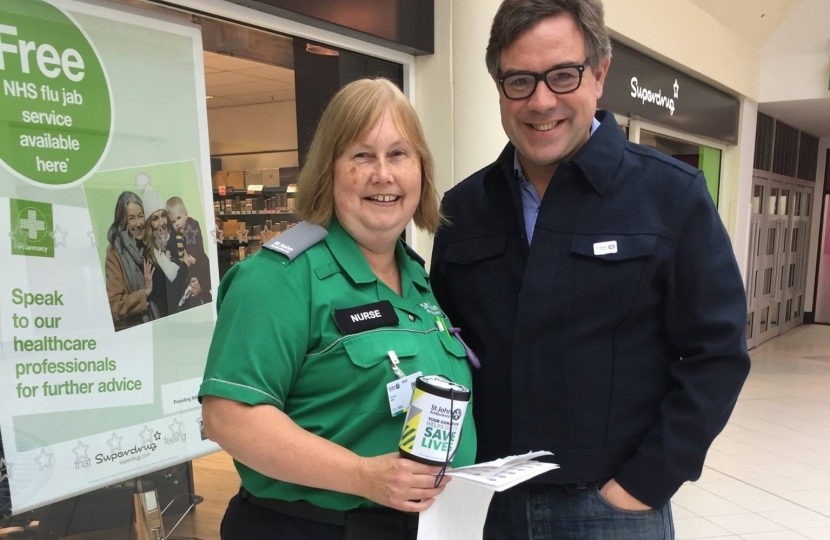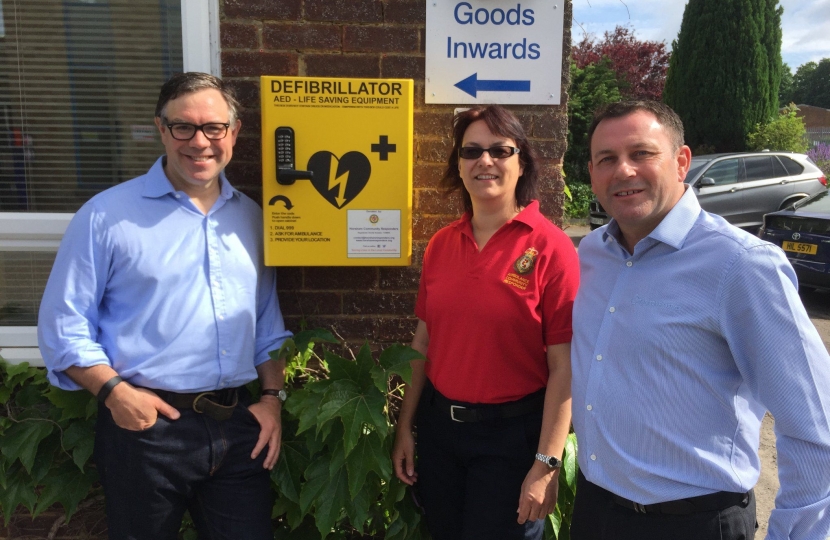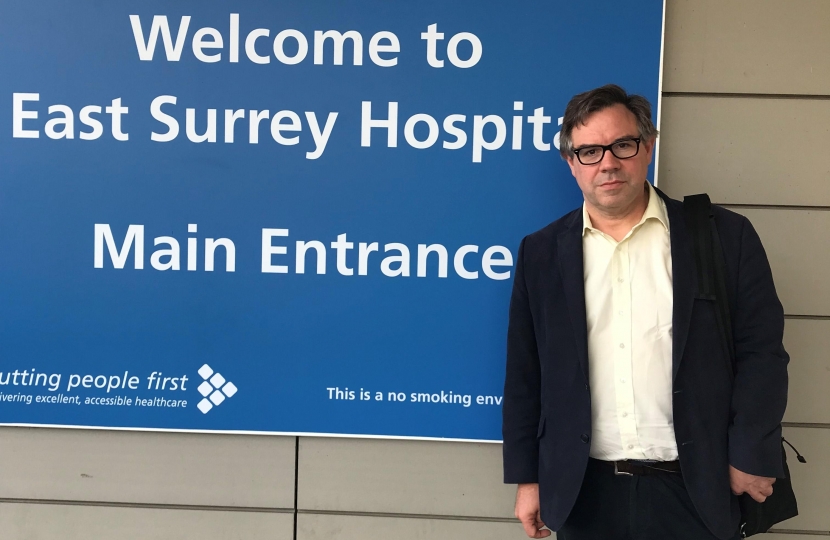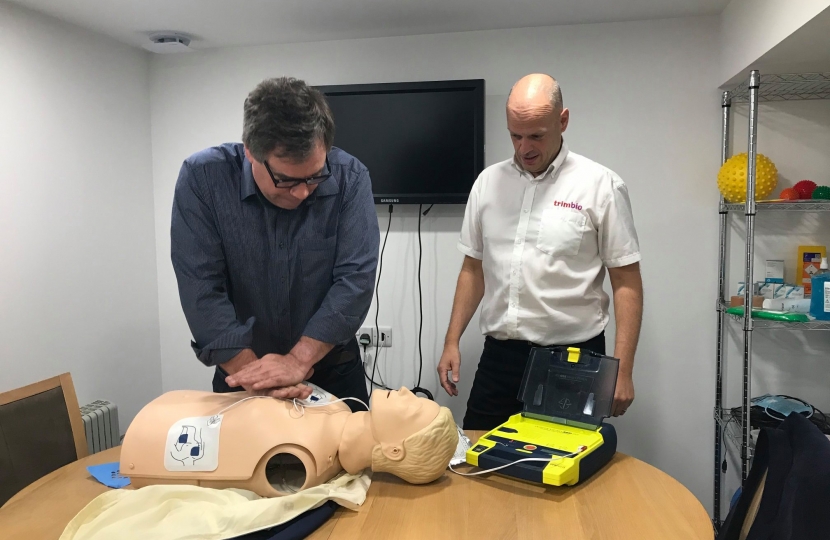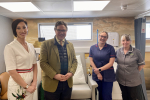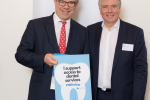We all want to be able to easily access our local NHS resources- whether that be appointments with GPs, check ups with dentists or treatment at hospital.
Many residents want to see an A&E hospital closer to Horsham and this is something for which I push at every available opportunity. Until we can secure a new local hospital we want to see investment in our existing hospitals; including having more outpatient appointments at Horsham Hospital.
Across Sussex, 3 million more GP appointments are being offered now than before the pandemic. Despite this increase, I know people’s experience of getting a GP appointment varies from surgery to surgery. I am keen to see best practice shared amongst the surgeries which includes taking on a multidisciplinary team to support GPs and improve patient care.
Please see below updates on our local NHS.
